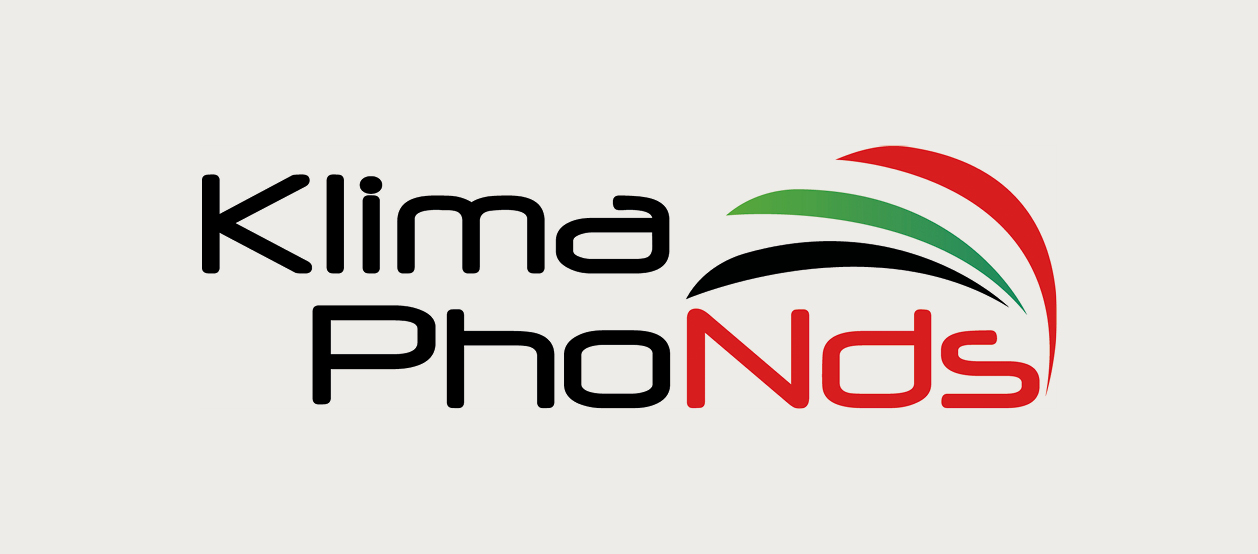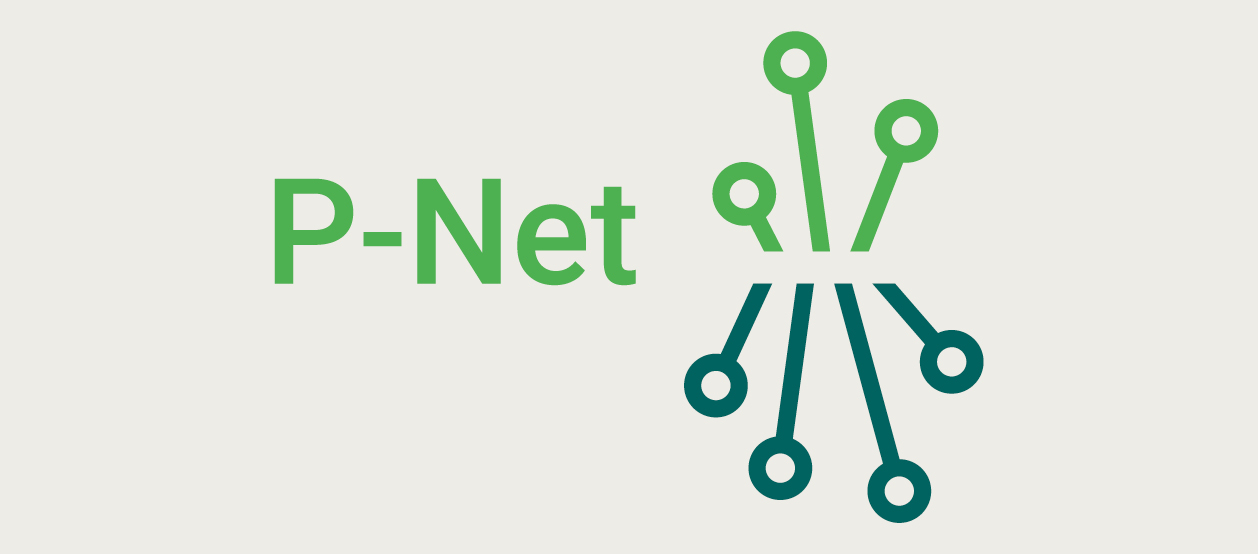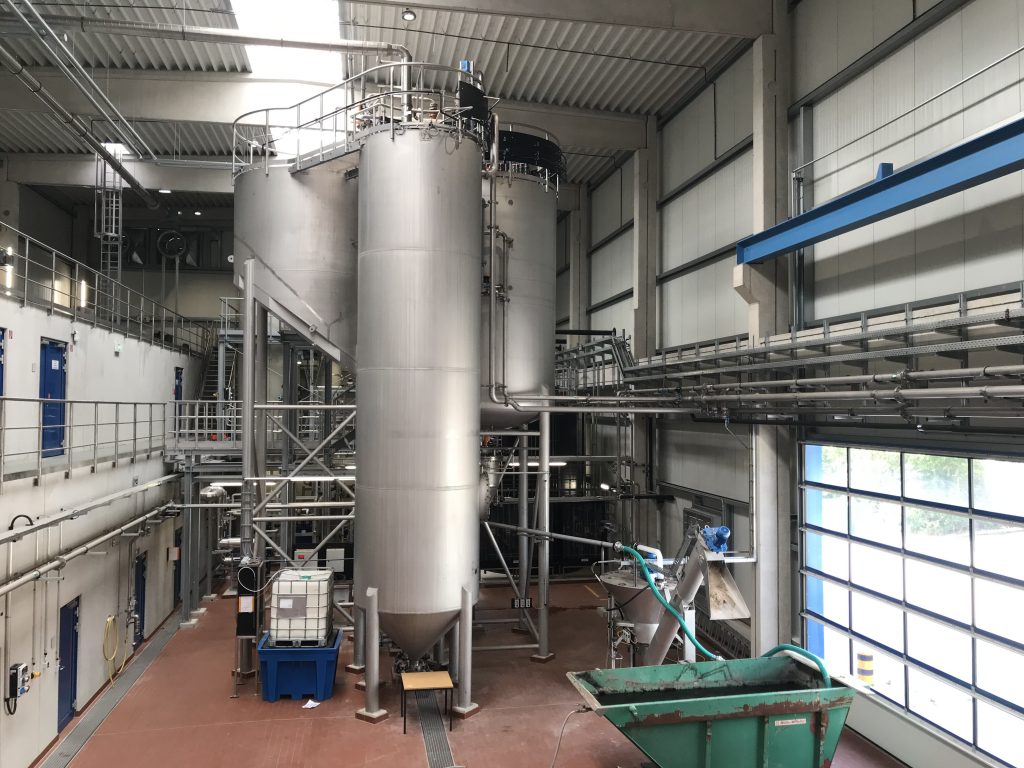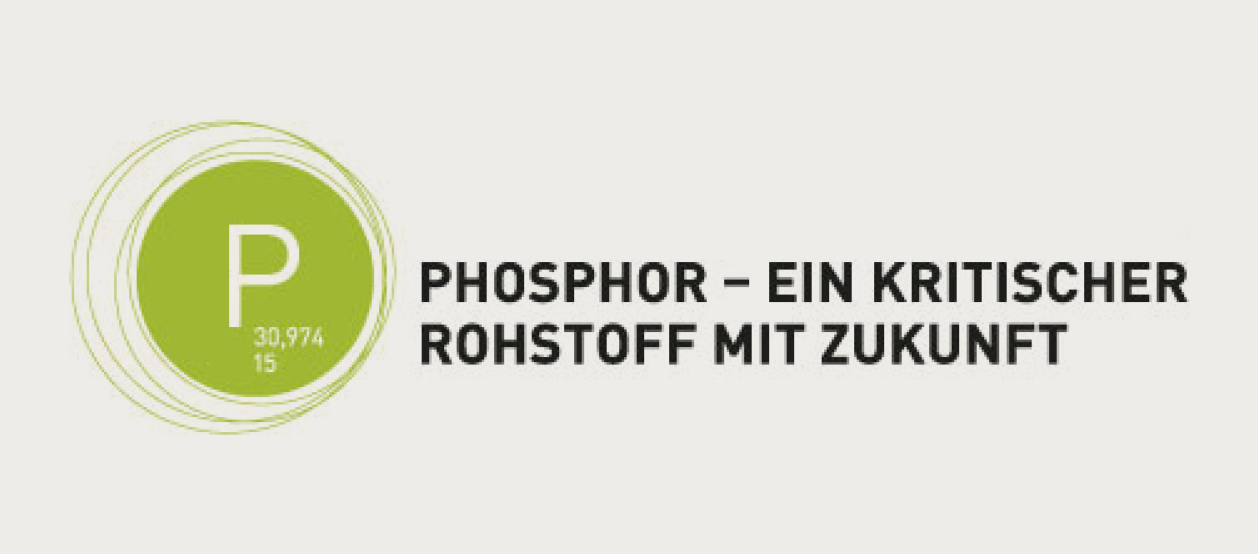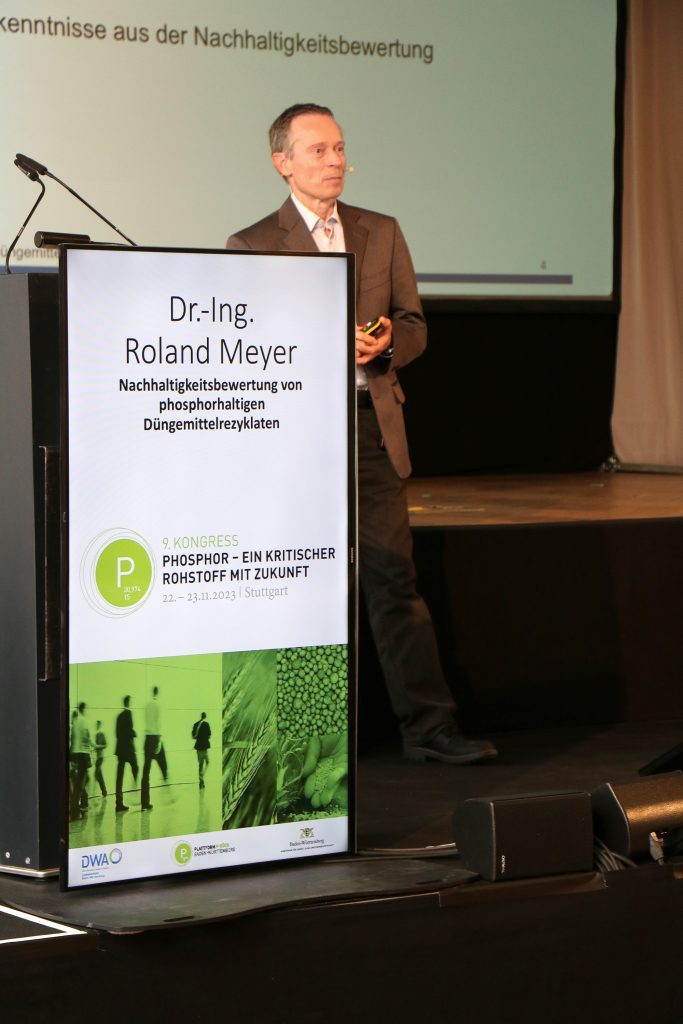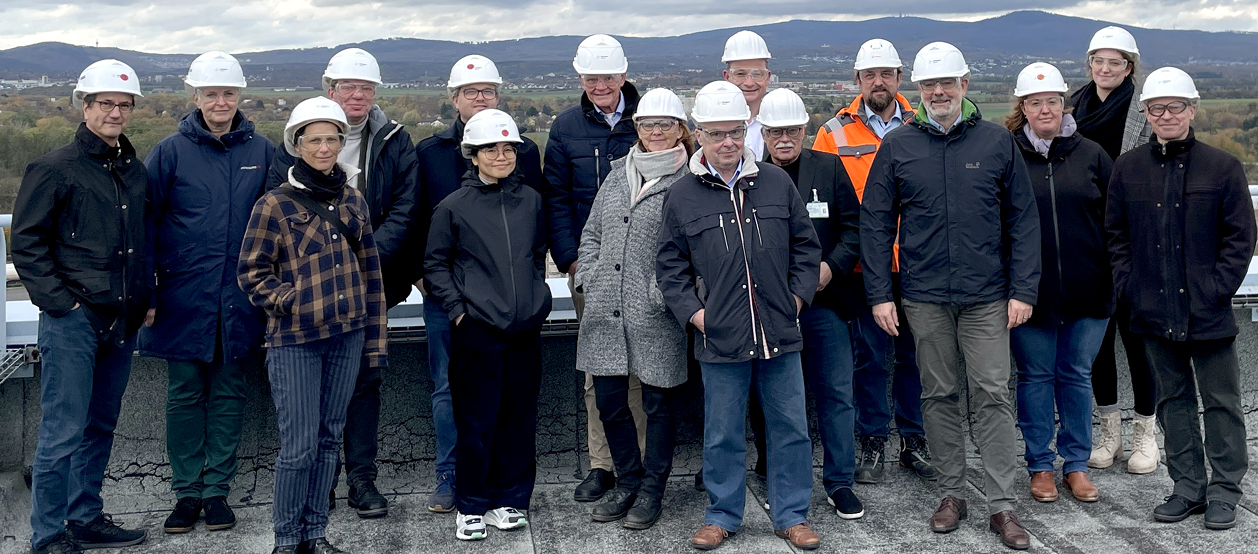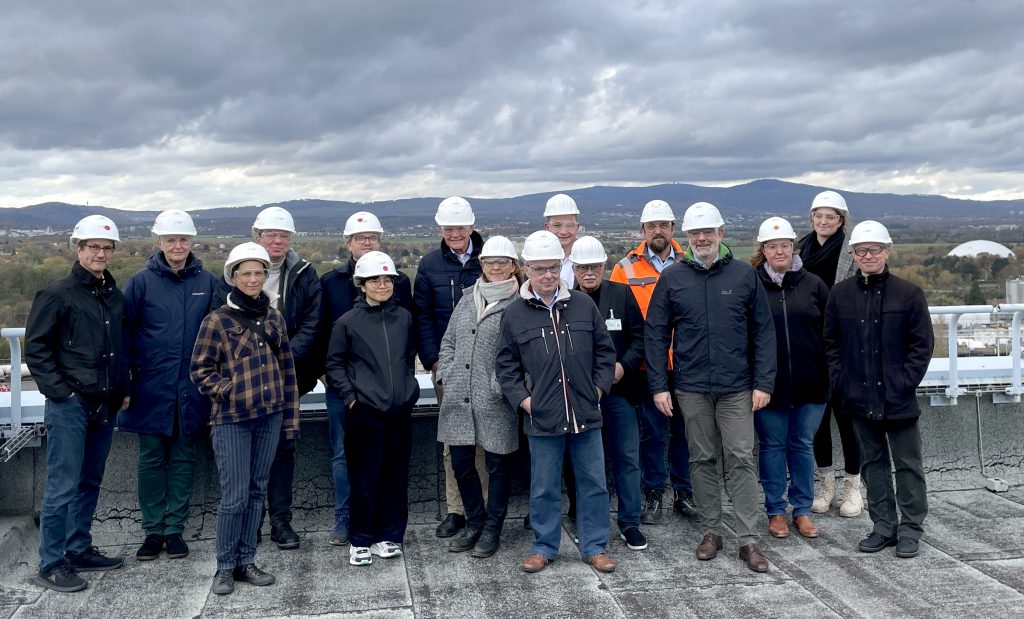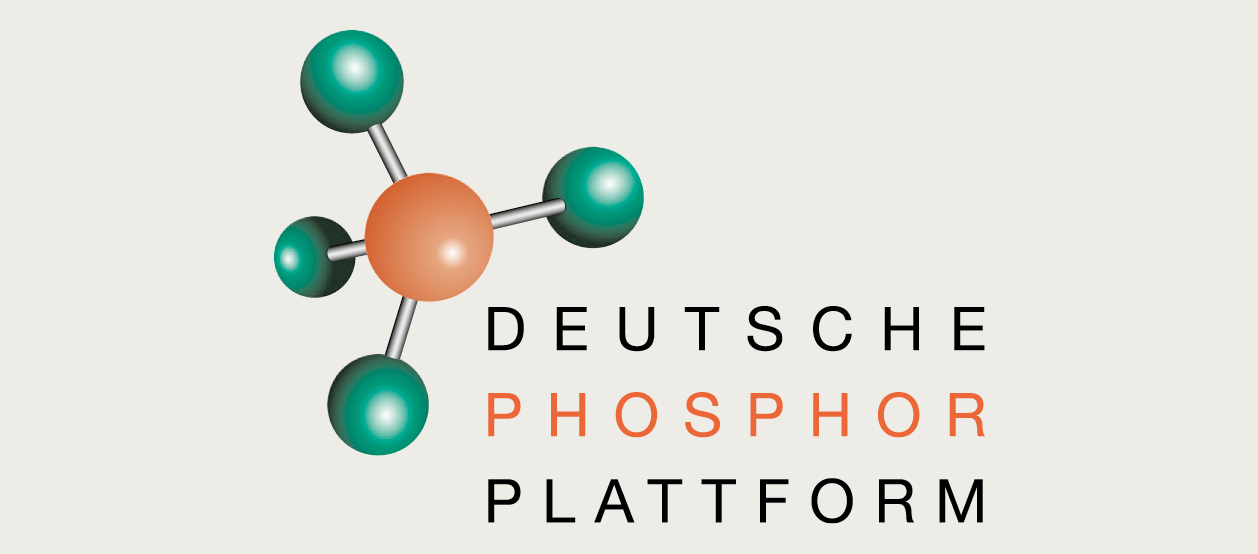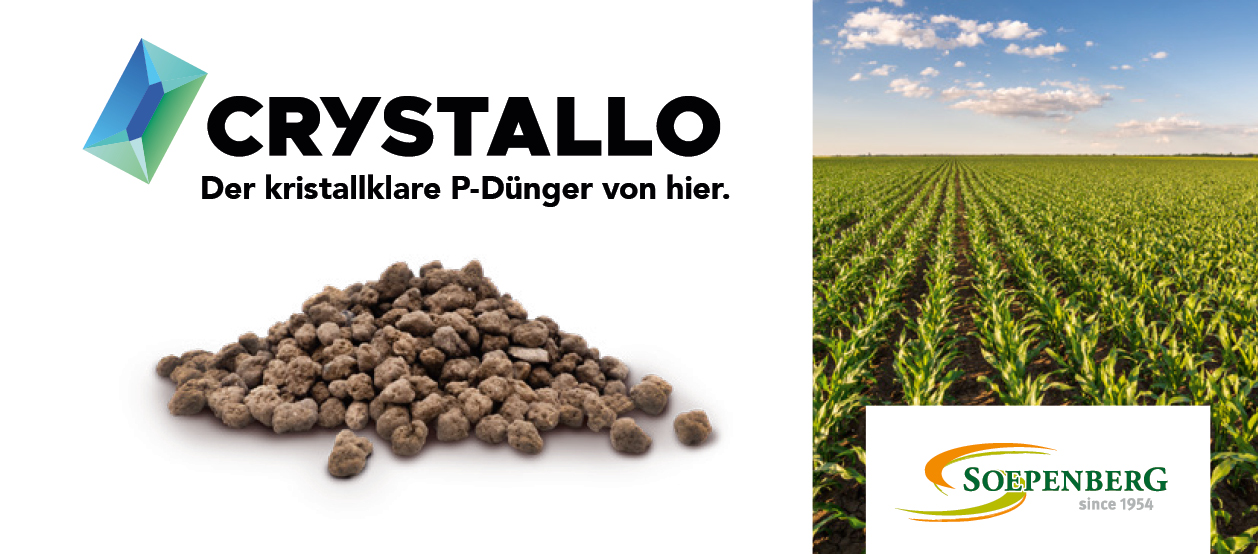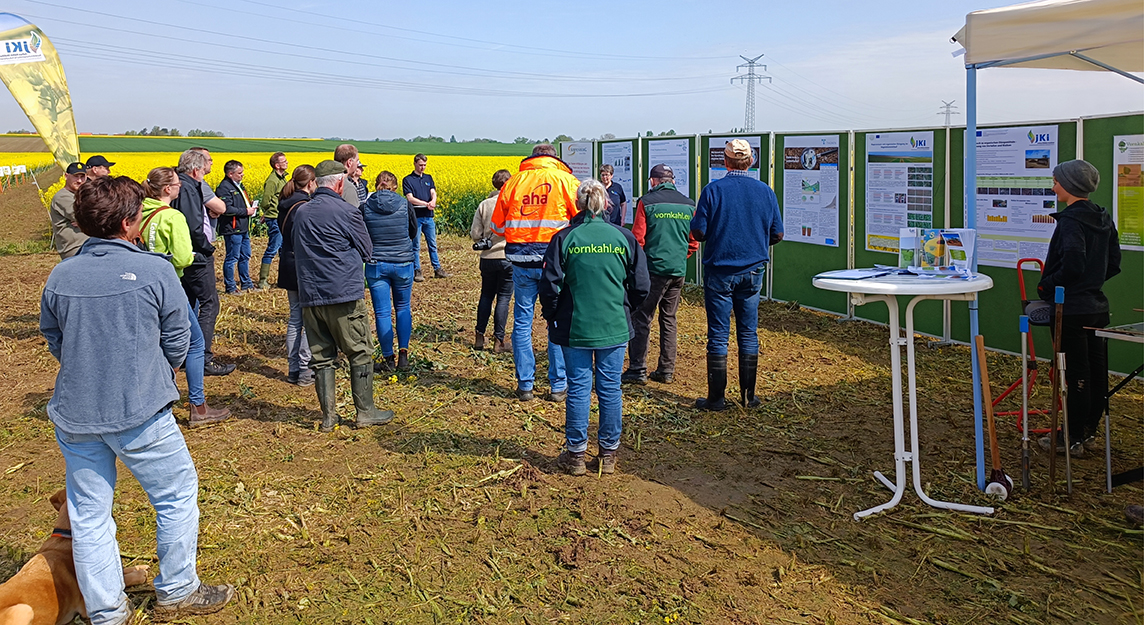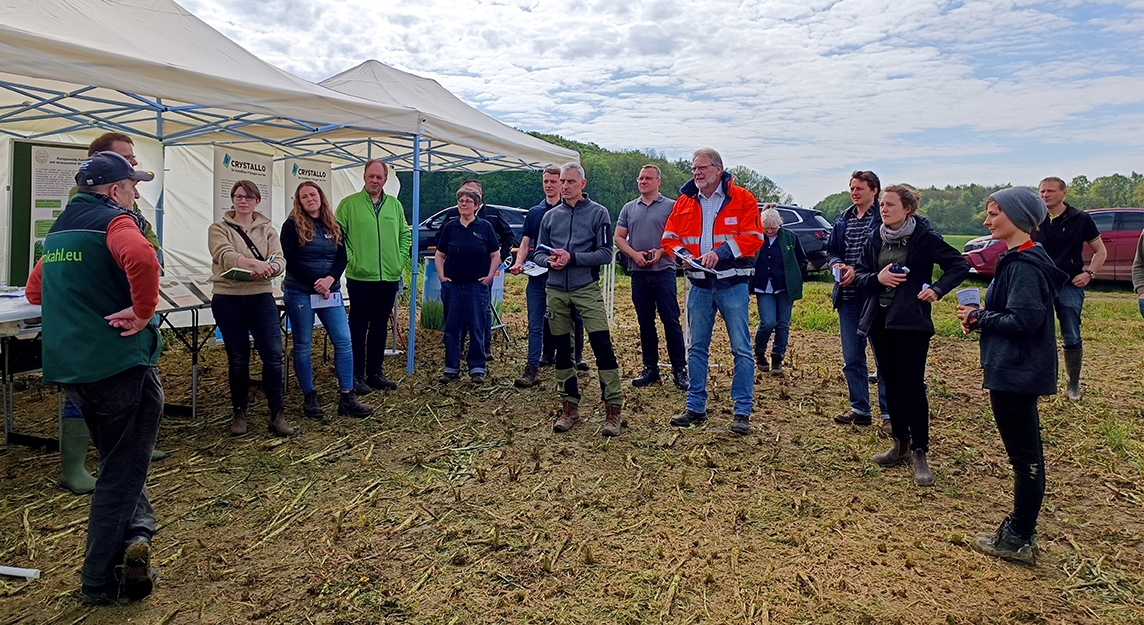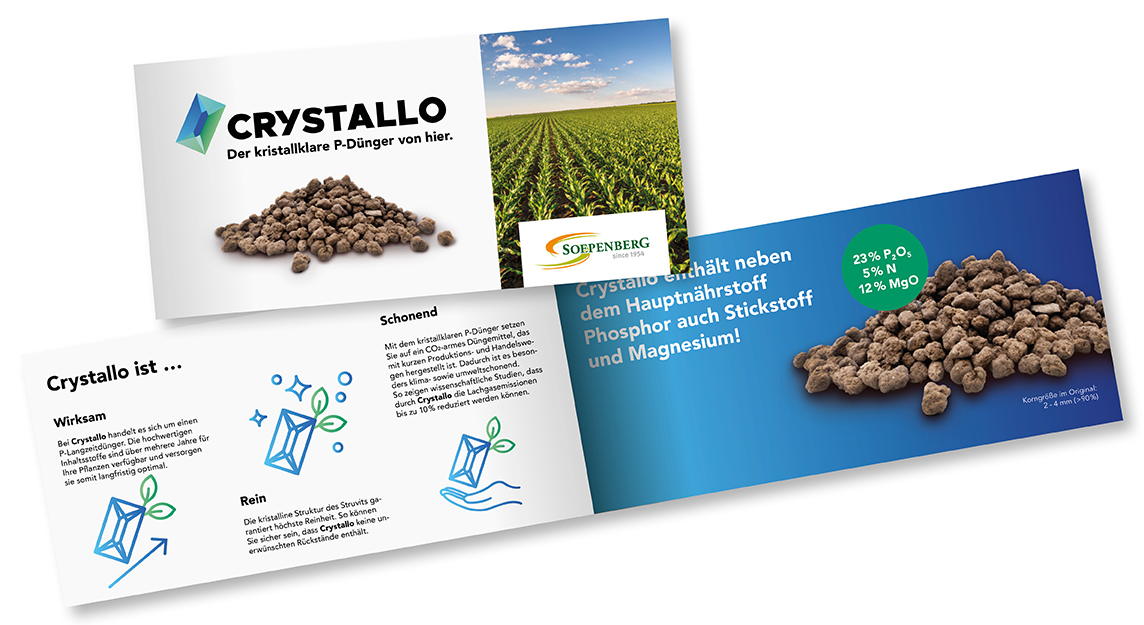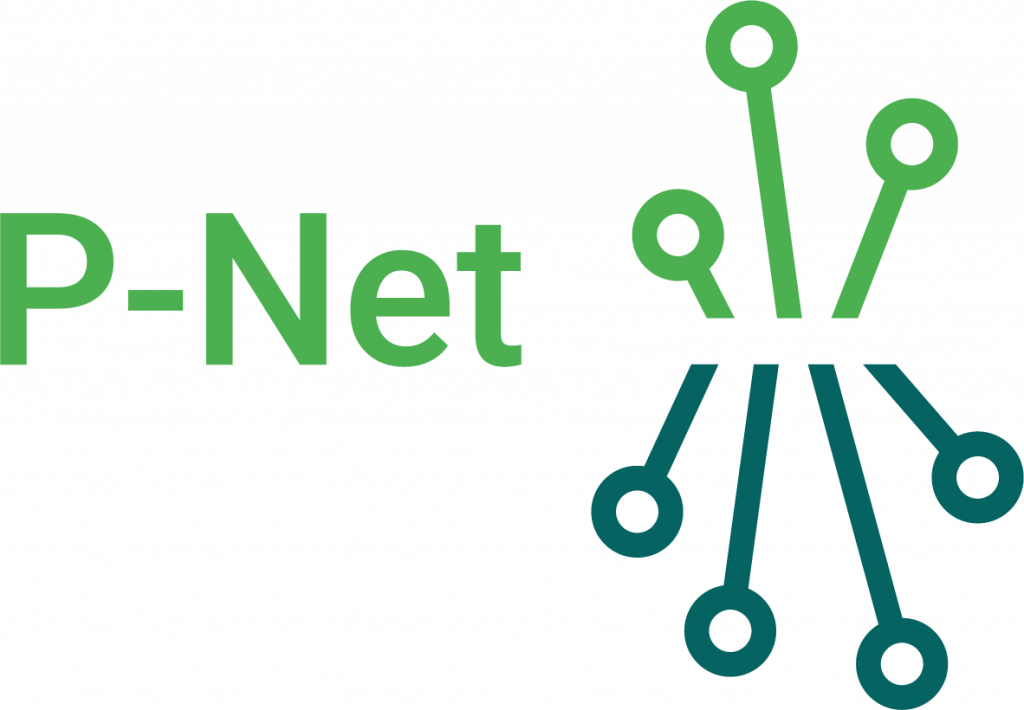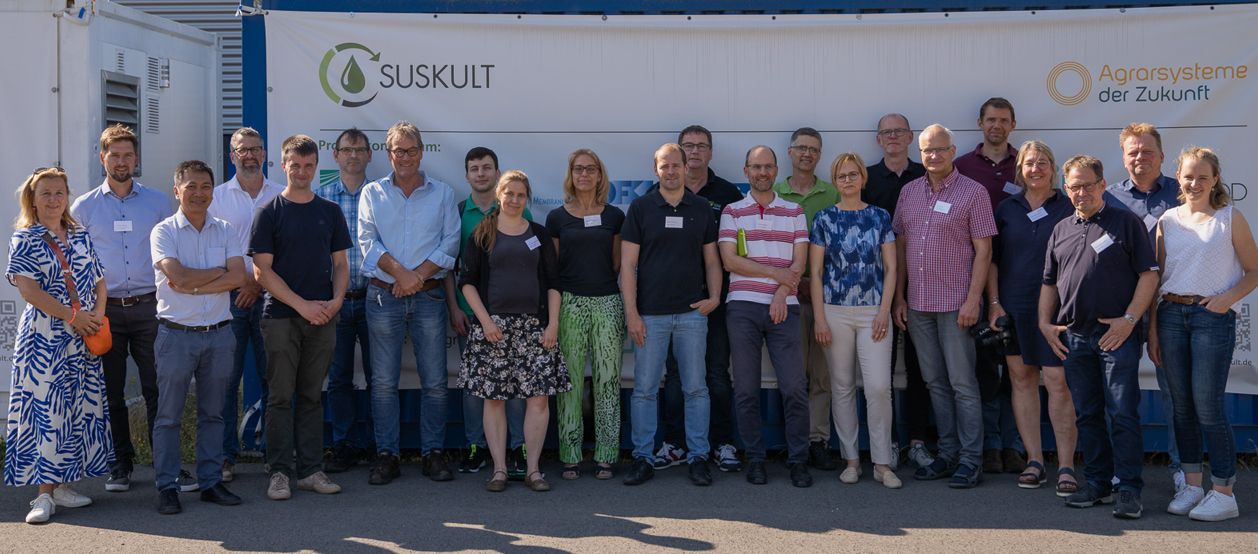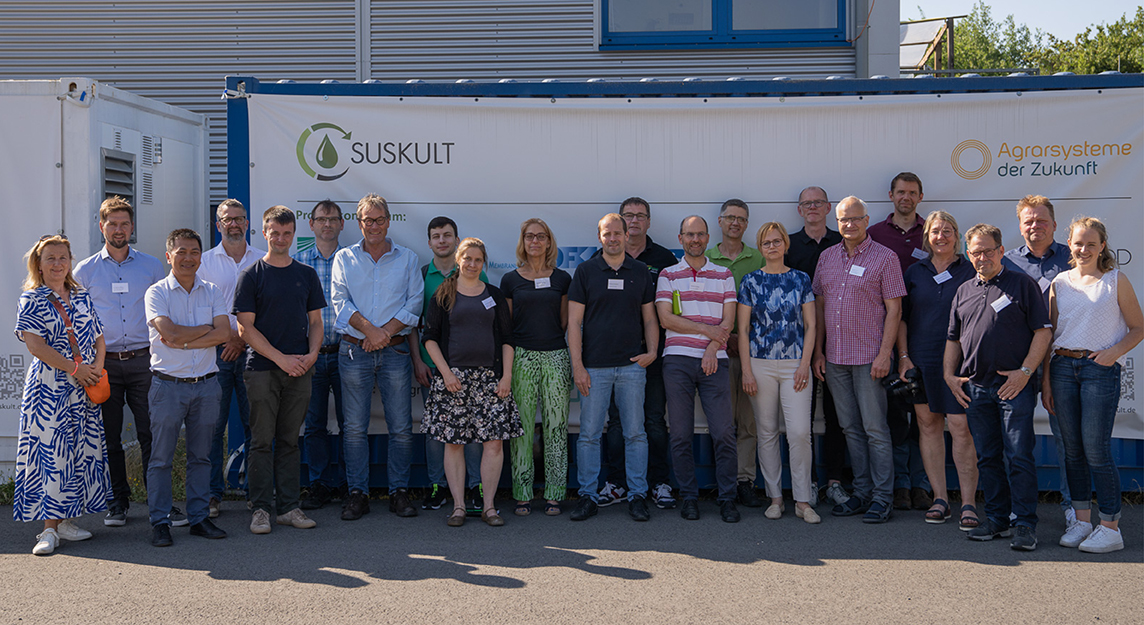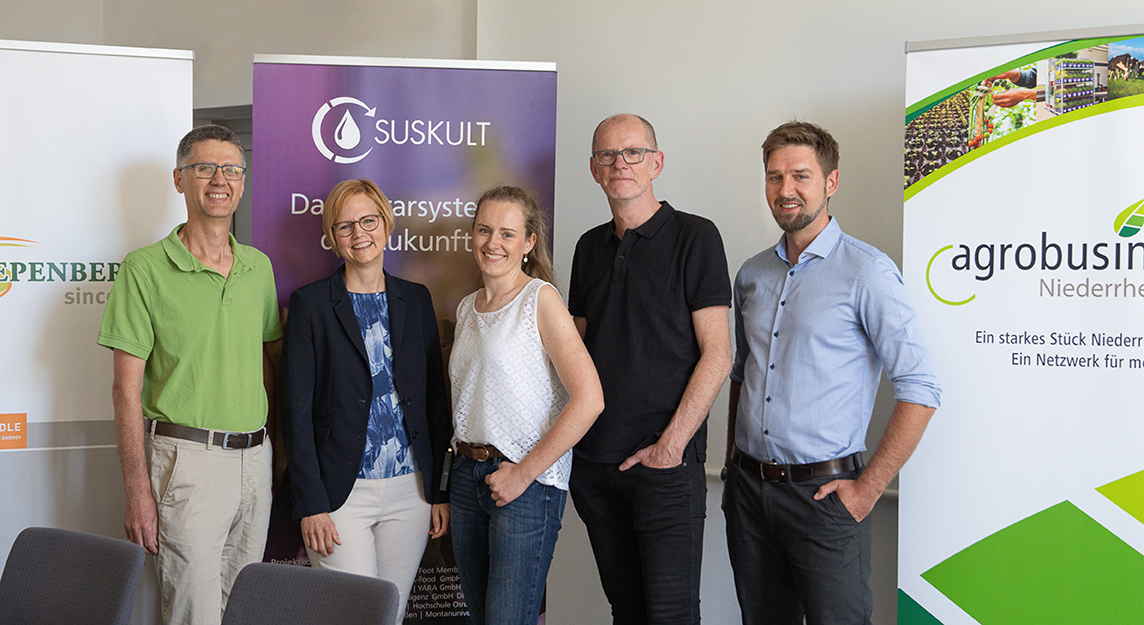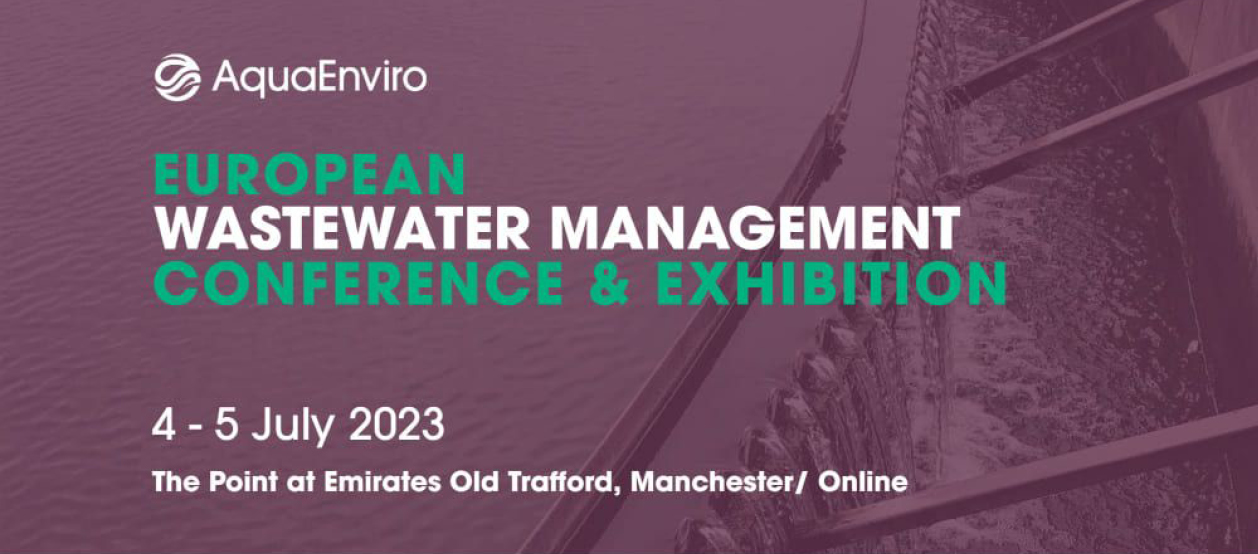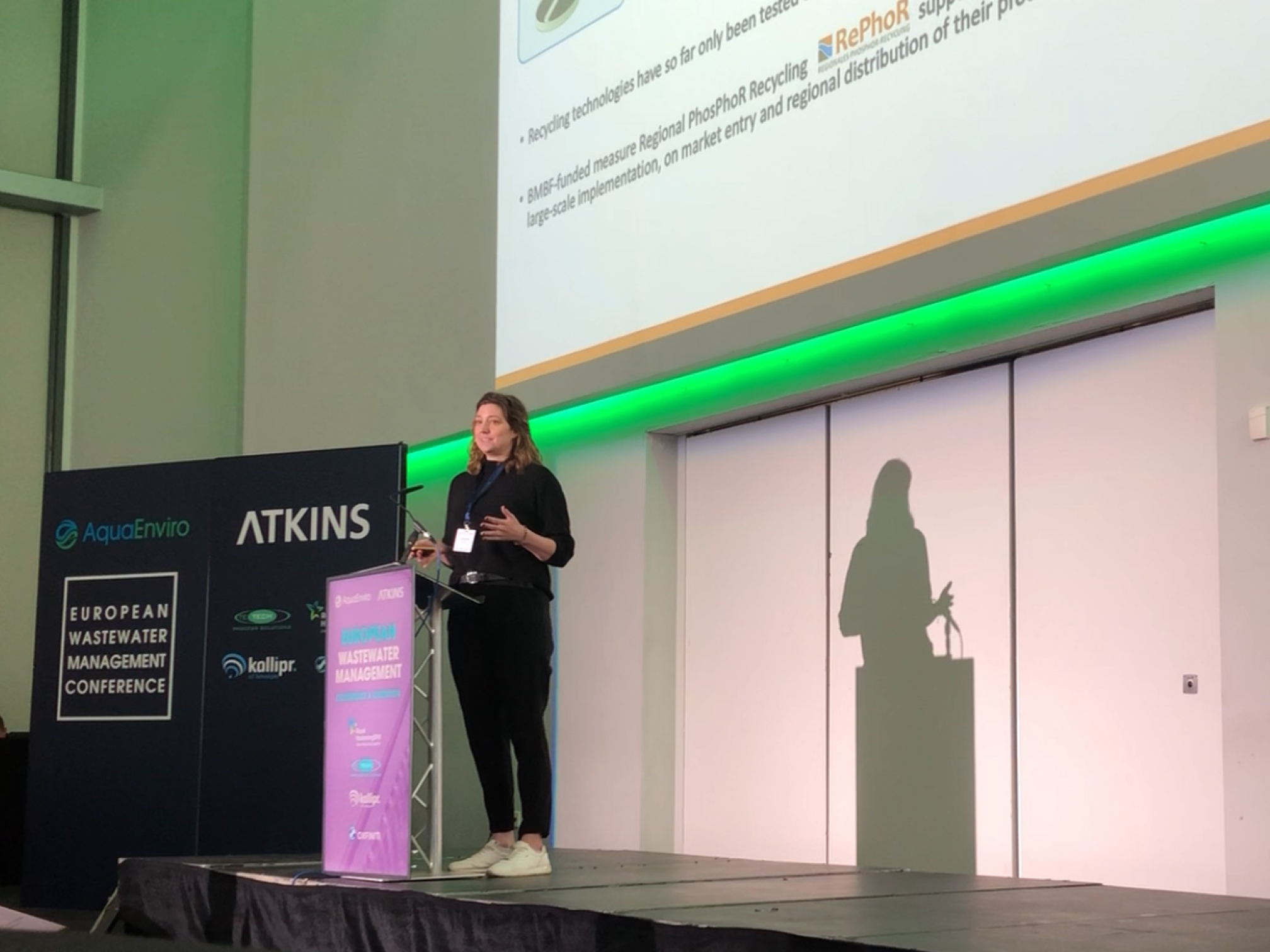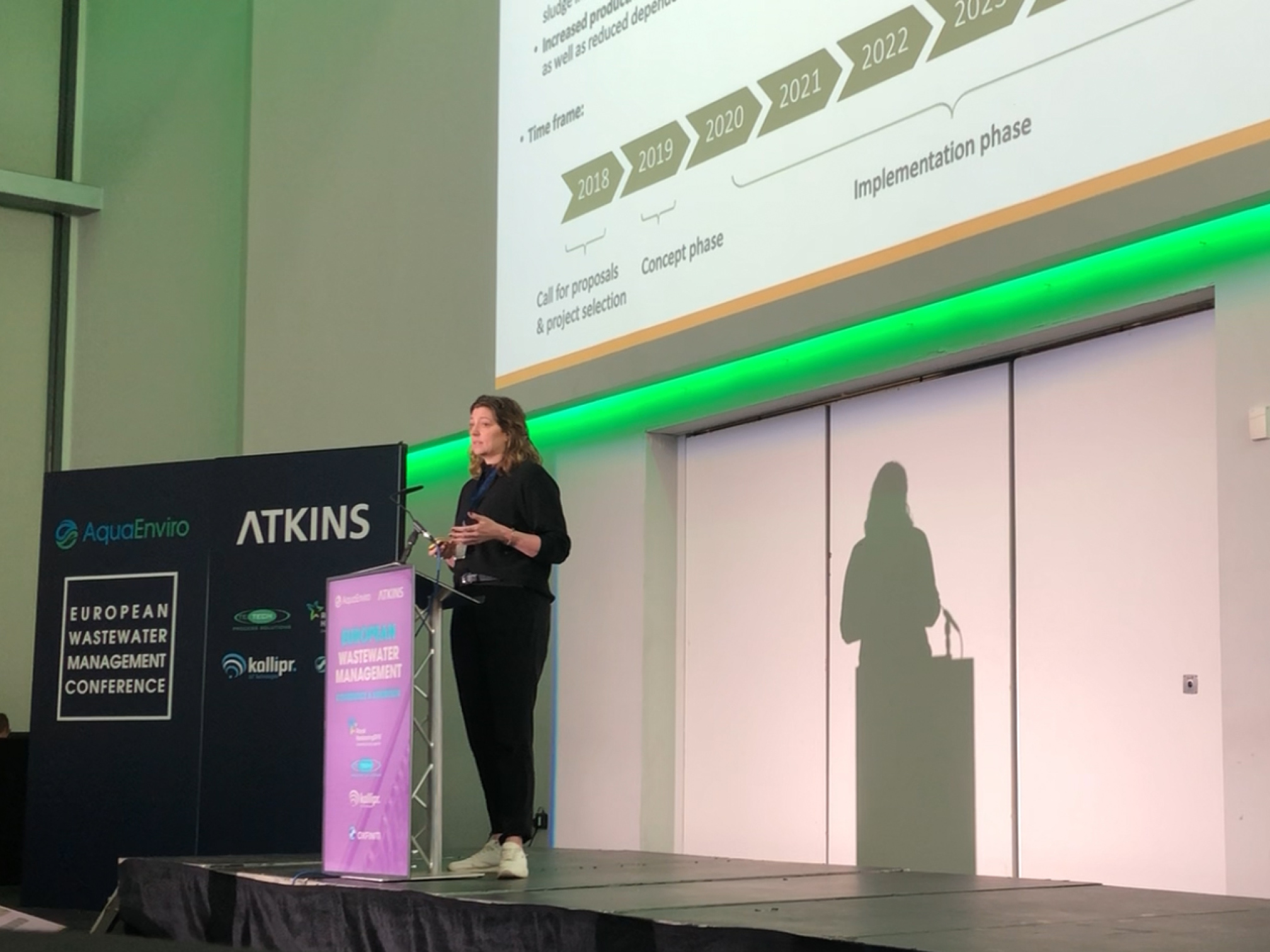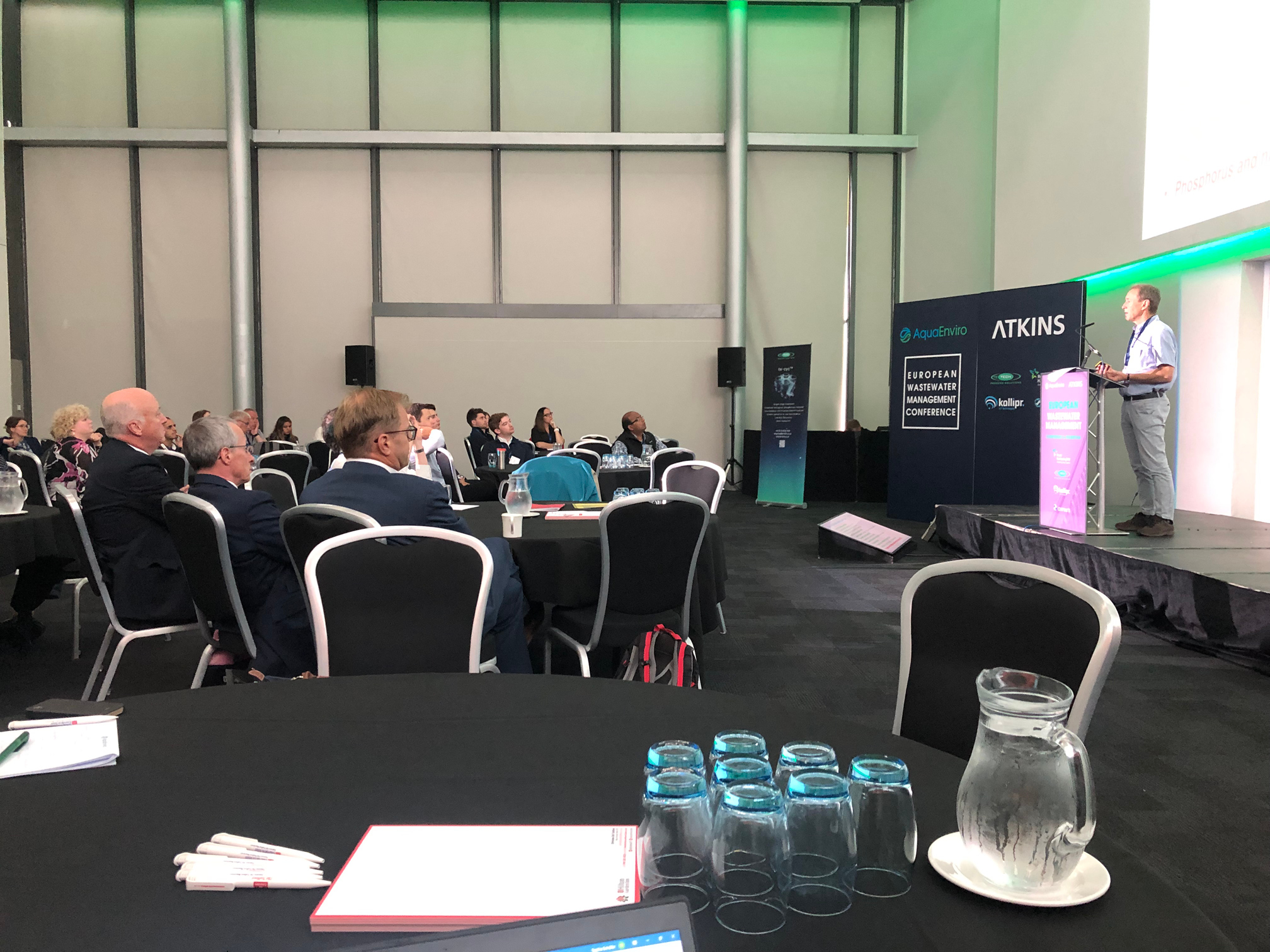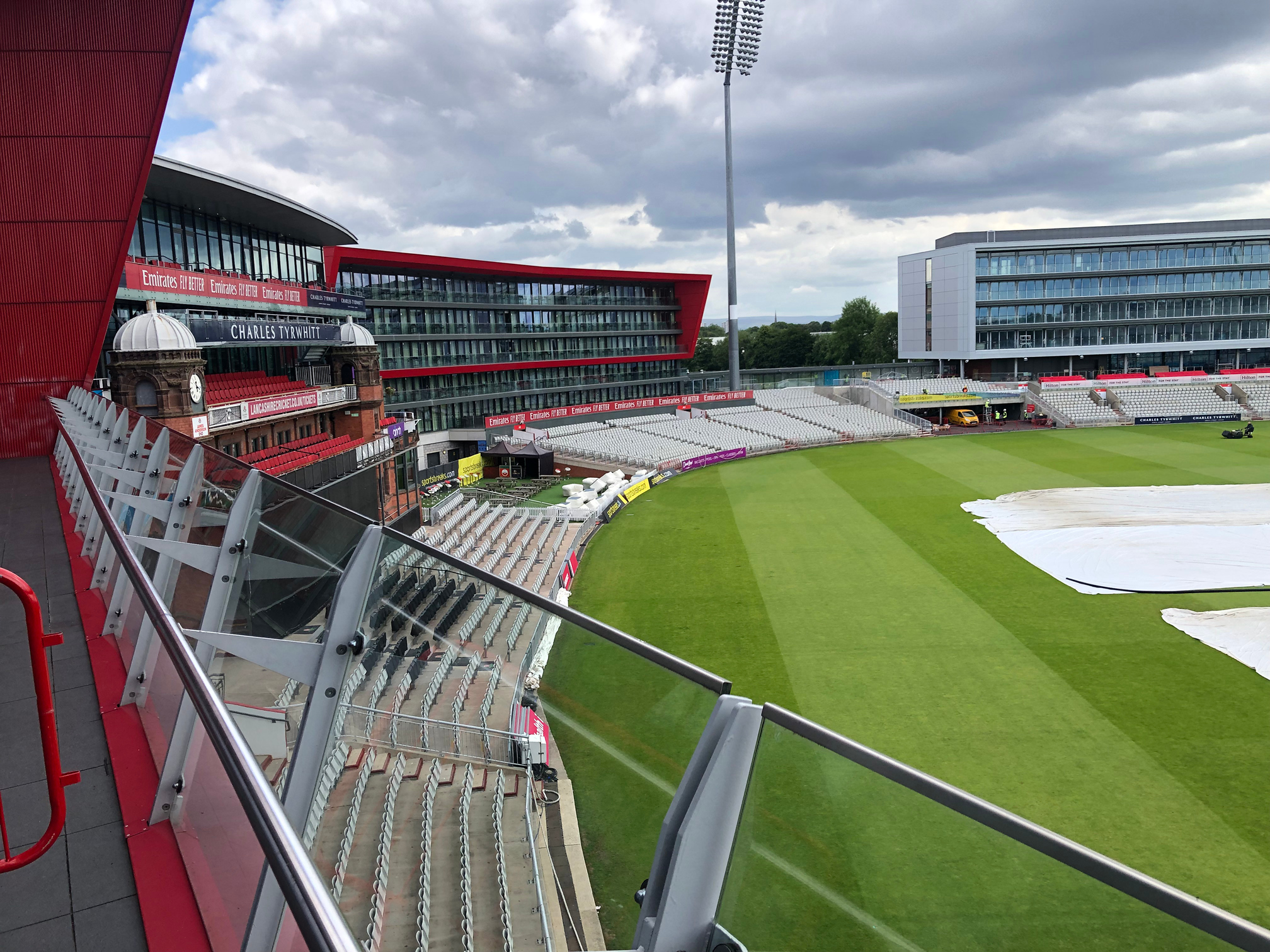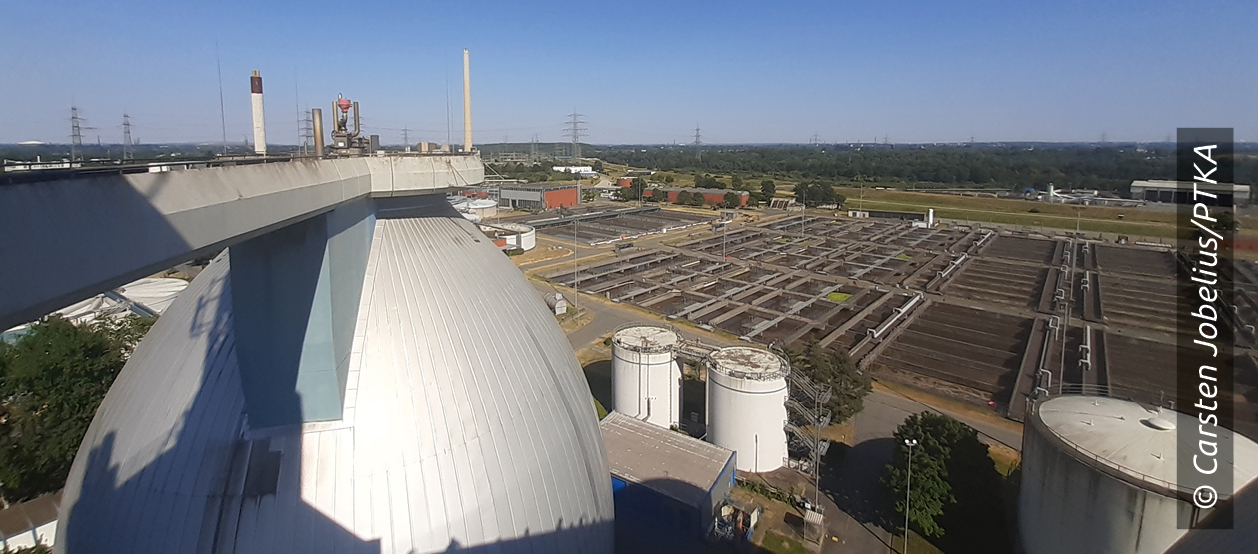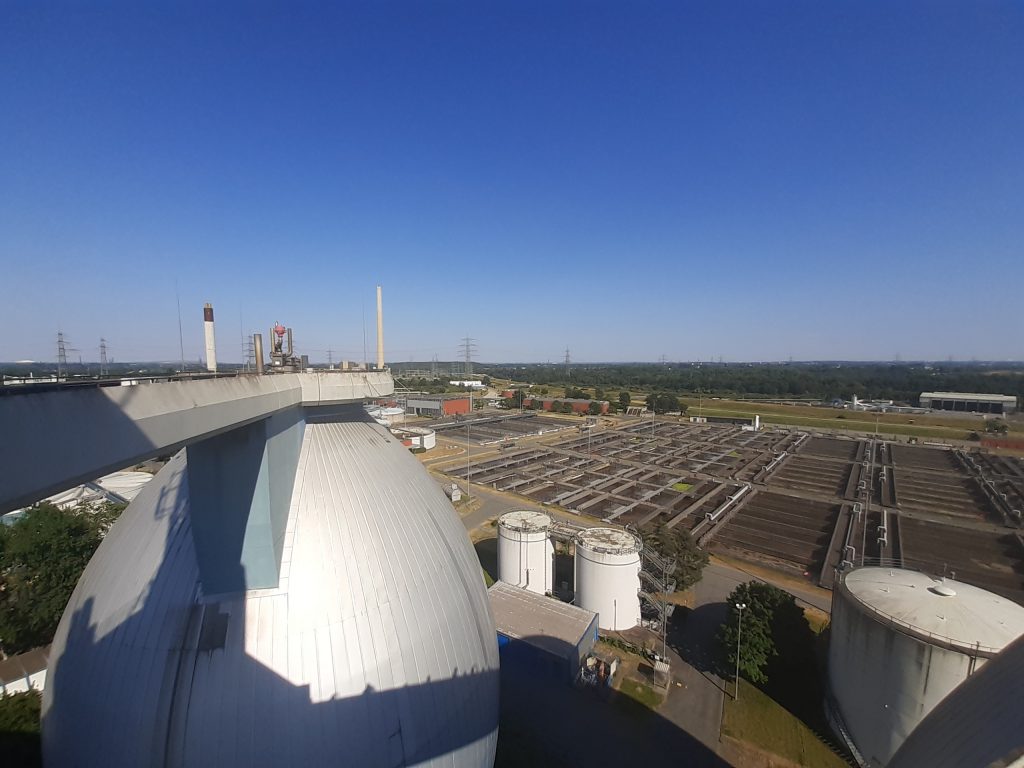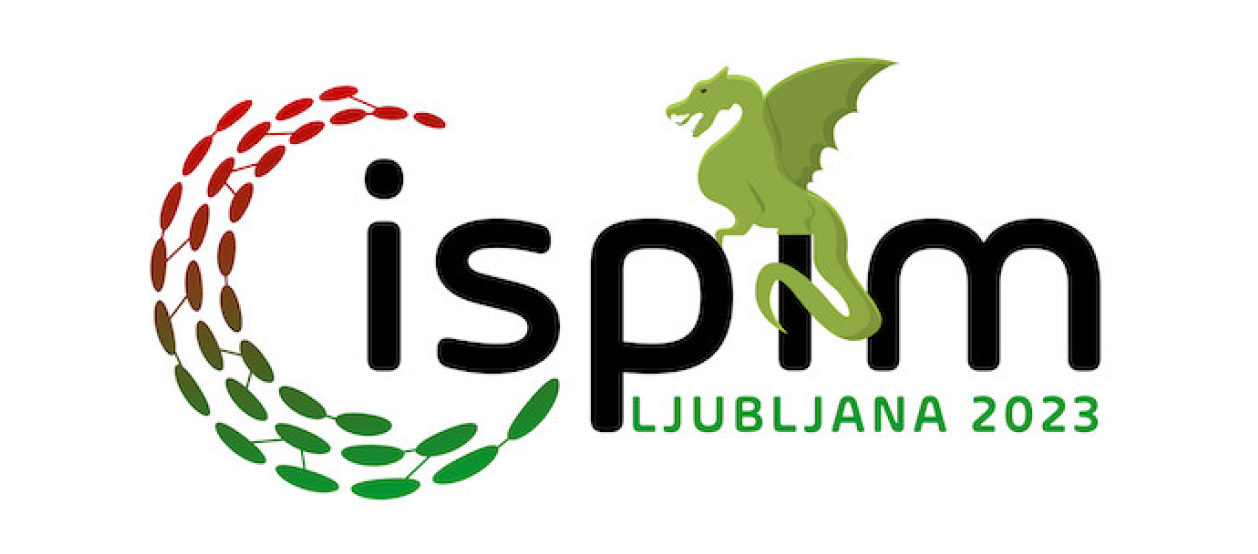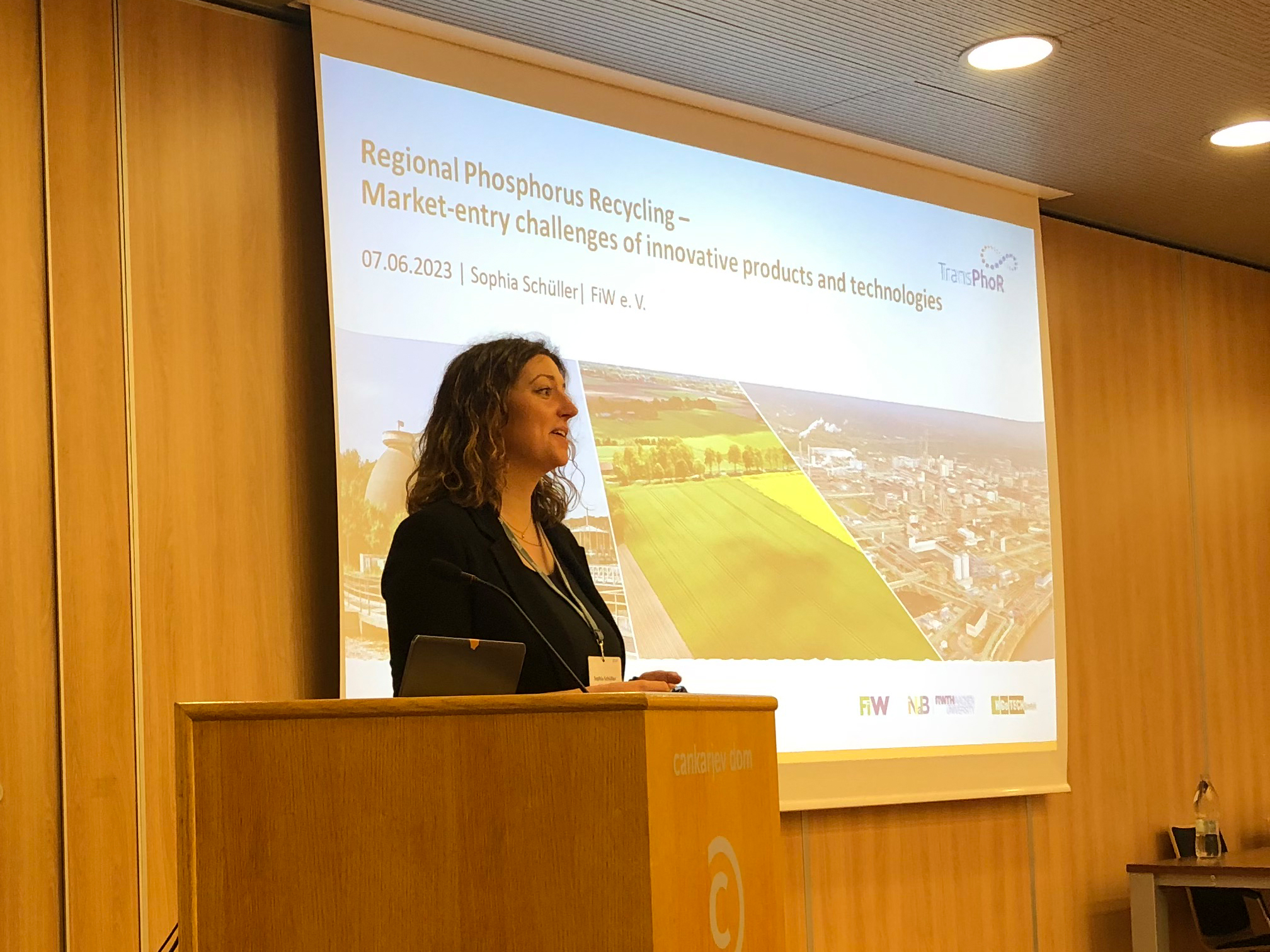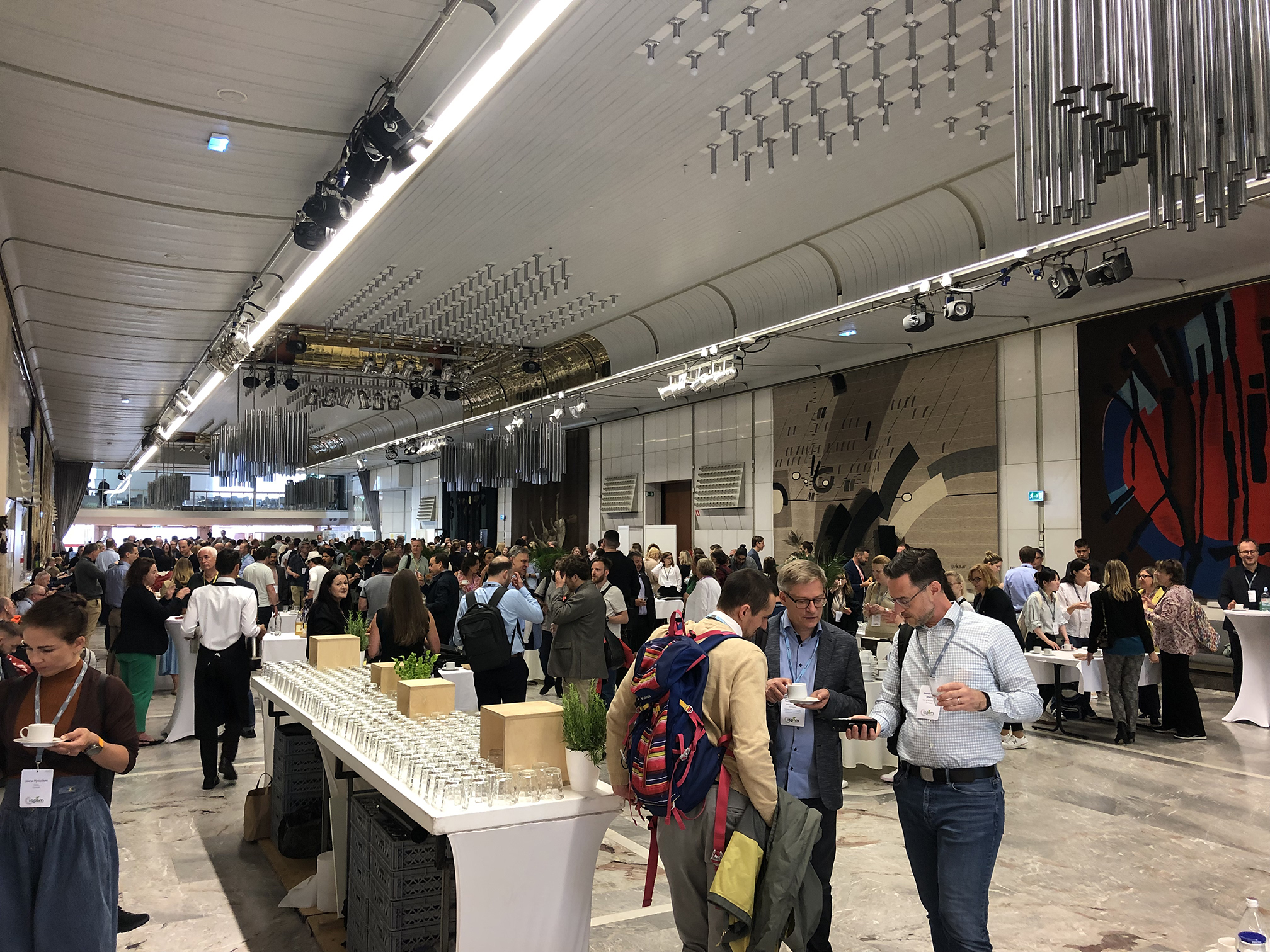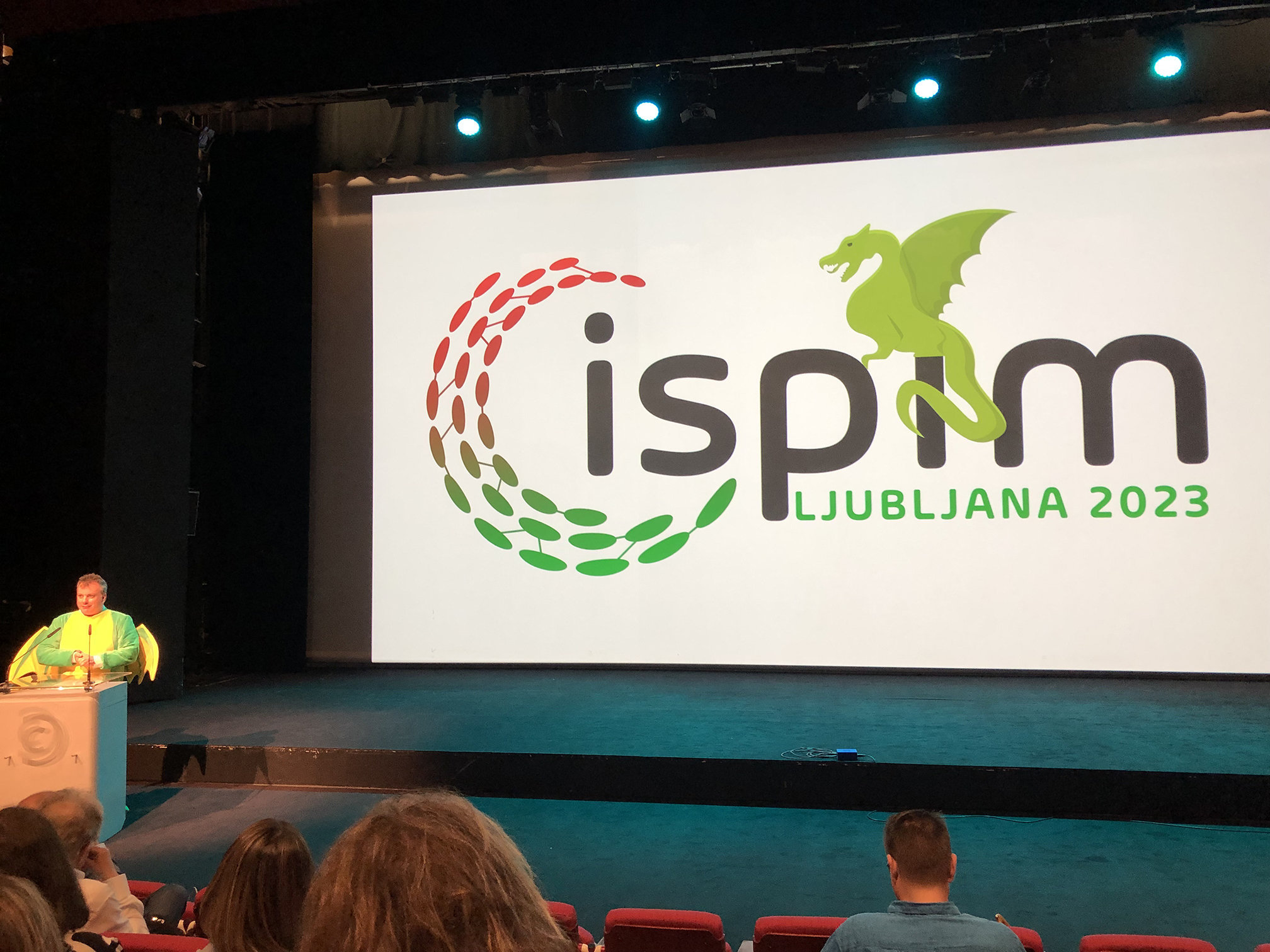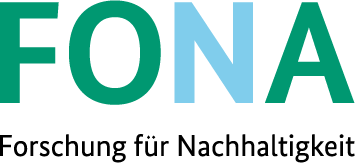KlimaPhoNds takes 2nd place at the Göttingen Region Innovation Award
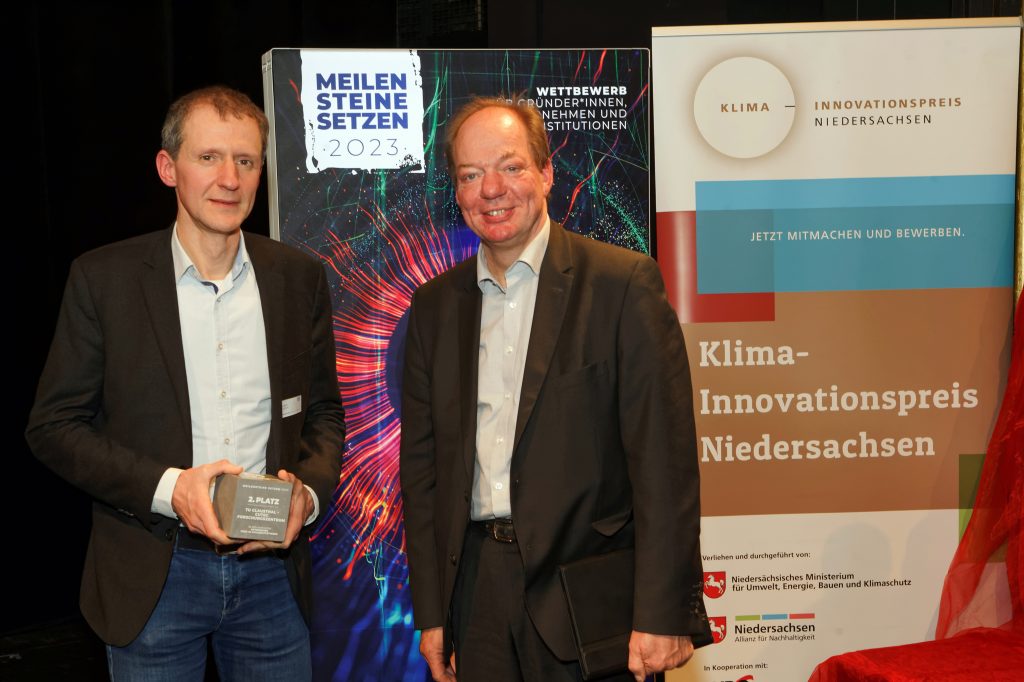
The RePhoR project came second out of more than 30 competitors in the “Companies with more than 20 employees” category of this year’s Göttingen Region Innovation Award.
The Göttingen Region Innovation Award has been presented by the Wirtschaftsförderung Region Göttingen (WRG) since 2003 in order to publicize and promote the region’s innovation potential. Since then, innovations from companies and start-ups have been honored annually with total prizes of 30,000 euros. In 2023, the city of Göttingen itself was an official cooperation partner of the competition for the first time.
The award ceremony took place on November 21 at the Deutsches Theater Göttingen as a festive gala.
KlimaPhoNds aims to recover recyclable materials at wastewater treatment plants in a climate-friendly and resource-saving way. The focus is on the recovery of the critical raw material phosphorus, but nitrogen and magnesium are also to be returned to the material cycle using the developed process. Phosphorus is recovered as magnesium ammonium phosphate (MAP) at the wastewater treatment plant, which is refined into high-quality phosphoric acid, ammonia water and magnesium chloride. In addition, the direct use of MAP as a recycling fertilizer is being investigated. The low-phosphate sewage sludge is dried using almost heat-neutral fluidized bed evaporation drying and can then be used as an energy source or as a material in the cement industry. The process was developed for sewage treatment plants with at least partial bio-P elimination; complete bio-P elimination is not absolutely necessary. The large-scale process demonstration will take place in full flow at the Northeim wastewater treatment plant. After the plant is expected to be commissioned in summer 2024, a one-year operating phase will demonstrate for the first time that phosphorus can be recovered economically and in compliance with the prescribed limit value at wastewater treatment plants.
You can find more information about the innovation prize at the following link.

